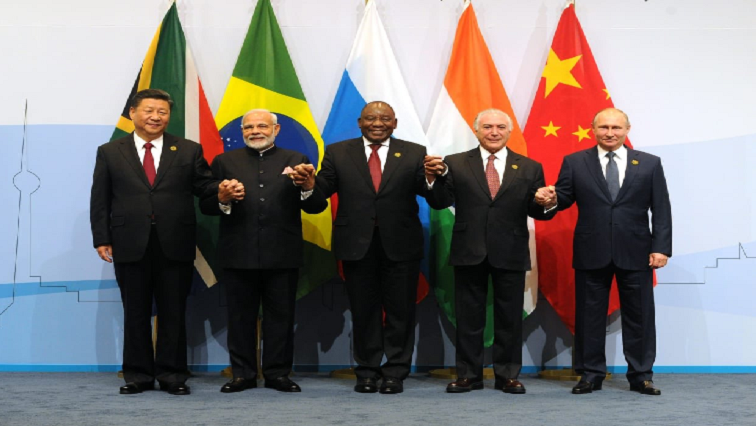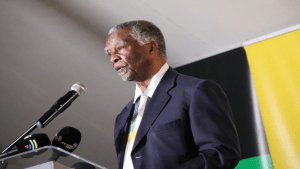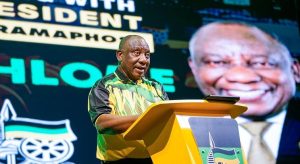The recent gathering of the governing parties from the BRICS countries and their allies ought to be a source of praise to the African National Congress (ANC). A feather in the cap of the men and women who operate from Luthuli House in Johannesburg, the ANC HQ.
South Africa’s only ruling party since the dawn of democracy on April 27, 1994 played host to the second BRICS Political Parties Plus Dialogue with aplomb. The rationale for the ANC to host the BRICS political parties dialogue was informed, according to the ANC, by the party’s resolution from its Nasrec elective conference in 2017. It resolved that: (1)The historical connection of SA with the emerging powers be fostered through cooperation within forums such as BRICS, (2) Breathing oxygen into the strategic importance of BRICS membership as part of the ANC’s overall international relations strategy and (3)That SA’s membership of BRICS needs to be leveraged to advance the country’s developmental goals.
Now, it is not too often that the ANC is seen making good on promises the party makes. Therefore, to see the ANC in time and space hosting the BRICS dialogues involving governing parties of the member-states and extending the invitation to like-minded countries who attended the important gathering, not a talk-shop, is truly encouraging in an era of promises frequently broken.
The BRICS Political Parties Plus Dialogue was itself a major success and a foundation for a brighter, integrated, common future by like-minded nations taking an initiative to build a future by themselves, for themselves.
BRICS countries were represented by their individual governing parties quite impressively as follows: Brazil Workers Party, Communist Party of the Russian Federation, Communist Party of China, ANC and its alliance partners. And then, there were notably attendees who included ruling parties from Angola, Botswana, Eritrea, Ethiopia, Kenya, Lesotho, Malaysia, Mozambique, Namibia, Nicaragua, Palestine, Rwanda, Venezuela and Zimbabwe.
Now, this for me is one of the most strategic purposes of BRICS. For a relatively new power bloc which is already shaking the international world order to attract such a diverse group of countries bodes well for that rare commodity: influence. Influence at the world forums such as the United Nations (UN), World Trade Organisation (WTO), G-20 and others. Together, in their growing numbers, BRICS together with its supporters, can form unity of purpose and speak as one in favour or against any stand-point anywhere in the world. Unity indeed is power. Many of the countries listed above as having attended the BRICS dialogues have struggling economies. Others, such as Russia and China, live under constant political and economic threat from President Donald Trump’s America. There is clearly good reason for BRICS to be nurtured in order to develop into a highly respected global power.
As the ANC President Cyril Ramaphosa put it to the gathering; “We are determined with our struggle to make the world a better place. It is therefore in the best interest of the generations of mankind to come, that we work together to ensure we fulfill this dream we desire as the world and the people.”
Ace Magashule, the ANC Secretary-General and the man who many regard as the heart-beat of the ANC by virtue of the office he occupies, said at the end of the dialogues: “We emerge out of this dialogue more vigorous to build on party-to-party relations and to ensure that we consolidate unity and cohesion amongst the BRICS nation states, and all other progressive forces of the world.”
What I find interesting in the utterances of both ANC leaders is the clear reference to “the world”. Like other BRICS members and their supporters, the ANC is looking to shape the global agenda by rallying like-minded democrats and former freedom fighters and their supporters to fight together the glaring injustices of the current world order. BRICS will succeed when more and more countries adopt their agenda and resolutions. Soon, hopefully, as the BRICS Bank also takes off the ground more countries would be attracted to joining BRICS as “progressive forces” who will never again look to the traditional lenders such as the World Bank or the International Monetary Fund (IMF) as the only global financial institutions that offers huge loans to the emerging markets.
Opinion by Abbey Makoe: Specialist Editor – SABC






